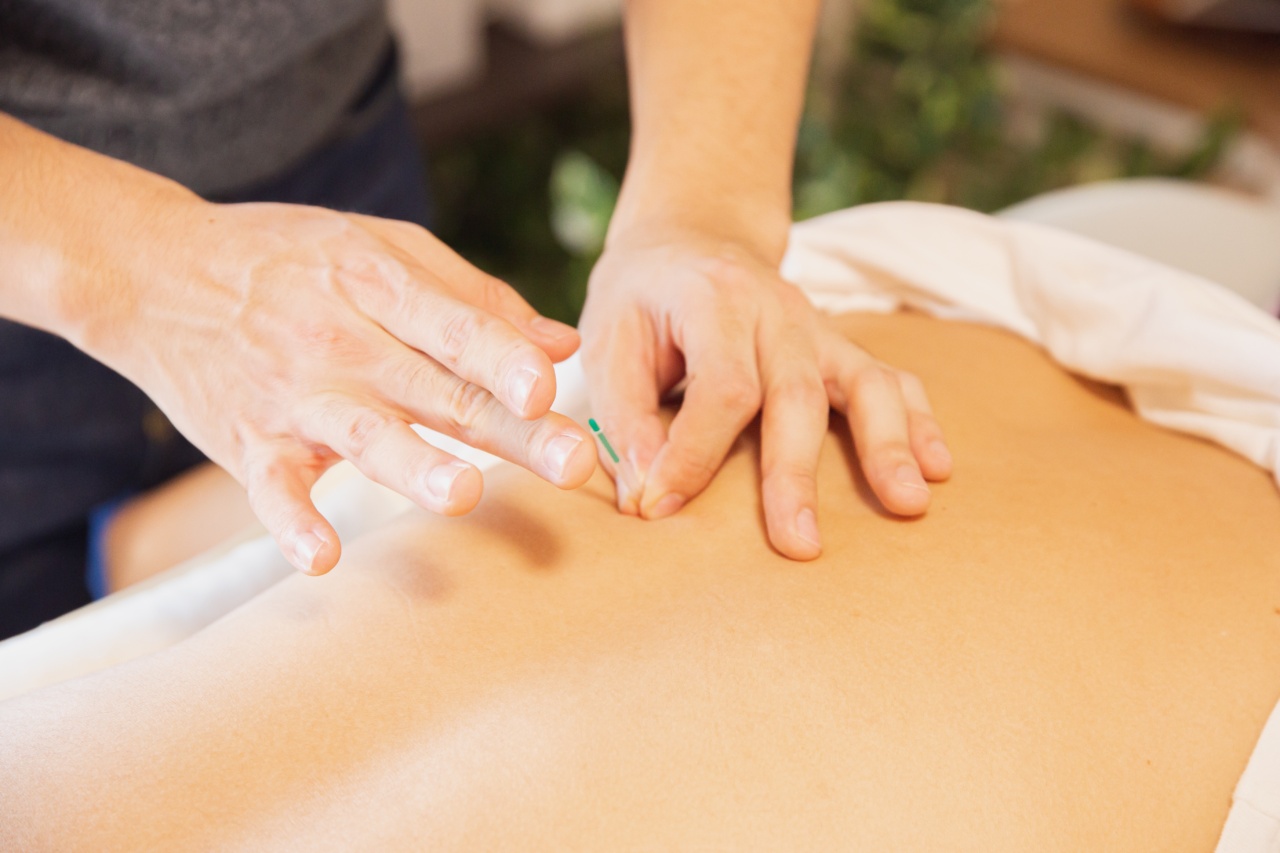Stroke is a medical condition that occurs when the blood supply to the brain is disrupted, leading to the death of brain cells. It is a leading cause of adult disability and the second leading cause of death worldwide.
While stroke recovery can be a lengthy and challenging process, the speed and effectiveness of recovery can vary greatly from person to person. This article aims to explore the factors that separate speedy stroke recovery from slow recovery, and the strategies that can promote optimal recovery.
Early Intervention
One of the key factors that contribute to speedy stroke recovery is early intervention. When a stroke occurs, immediate medical attention is essential to minimize the damage caused to the brain.
Early diagnosis and treatment can significantly improve the chances of a successful recovery. This emphasizes the importance of recognizing the symptoms of a stroke and seeking prompt medical help.
Rehabilitation Therapy
Rehabilitation therapy plays a crucial role in stroke recovery. It focuses on helping individuals regain their physical, cognitive, and emotional abilities after a stroke.
Different forms of therapy, such as physical therapy, occupational therapy, and speech therapy, are tailored to address specific deficits caused by the stroke. Engaging in a comprehensive rehabilitation program, under the guidance of experienced therapists, can accelerate the recovery process.
Consistency and Frequency of Therapy
Consistency and frequency of therapy sessions are vital for optimal stroke recovery. Regular therapy sessions, spread out over an extended period, allow individuals to practice and reinforce the skills they are learning.
The brain has a remarkable capacity to rewire itself and form new connections, but this process requires repetitive practice. Therefore, sticking to a therapy schedule and attending sessions as recommended by healthcare professionals can significantly speed up the recovery process.
Positive Attitude and Mental Well-being
A positive attitude and good mental well-being can have a profound impact on stroke recovery. Maintaining a positive mindset, despite the challenges faced, can motivate individuals to persevere through the rehabilitation process.
It can also improve overall mental health and reduce the risk of depression, which is commonly experienced by stroke survivors. Engaging in activities that promote emotional well-being, such as talking to a therapist or joining support groups, can positively influence recovery outcomes.
Physical Exercise and Active Lifestyle
Remaining physically active and incorporating exercise into daily routines can contribute to speedy stroke recovery. Physical exercise helps improve cardiovascular health, increases strength and endurance, and enhances balance and coordination.
Engaging in exercises that target specific impairments, such as weakness on one side of the body, can promote motor recovery. It is important to consult with healthcare professionals to determine suitable exercise routines based on individual abilities and limitations.
Healthy Diet and Nutrition
A healthy diet and proper nutrition are crucial for stroke recovery. Eating a well-balanced diet, rich in fruits, vegetables, whole grains, lean proteins, and healthy fats, can provide essential nutrients for the healing process.
Certain foods, such as those high in antioxidants and omega-3 fatty acids, have shown potential benefits in promoting brain health. Additionally, maintaining healthy body weight and managing other medical conditions, such as high blood pressure and diabetes, through diet can positively impact recovery outcomes.
Social Support and Rehabilitation Communities
Social support is invaluable during the stroke recovery journey. Surrounding oneself with a supportive network of family, friends, and healthcare professionals can provide encouragement and motivation.
Joining rehabilitation communities, such as stroke support groups, allows individuals to connect with others who have experienced similar challenges. Sharing experiences, exchanging coping strategies, and receiving emotional support can have a significant impact on recovery outcomes.
Continued Medical Follow-up
Continued medical follow-up is essential even after initial stroke recovery.
Regular check-ups and consultations with healthcare professionals can help monitor progress, identify potential complications, and make necessary adjustments to the rehabilitation plan. Medical interventions, such as medication adjustments or additional treatments, may be recommended to optimize recovery.
It is important to maintain open communication with healthcare providers, promptly address any concerns, and adhere to their guidance.
Age, Overall Health, and Severity of Stroke
While it is possible to achieve optimal recovery after a stroke at any age, certain factors can influence the speed of recovery.
Younger individuals generally have a higher chance of a speedy recovery due to their greater natural resilience and better overall health. The severity of the stroke also plays a role, as more severe strokes often result in more significant impairments and, therefore, a longer recovery period.
However, it is important to note that these factors do not determine the ultimate potential for recovery, as remarkable progress can be made regardless of age or stroke severity.
Access to Rehabilitation Services
Access to quality rehabilitation services is a crucial determinant of stroke recovery speed.
Unfortunately, not all individuals have equal access to specialized stroke rehabilitation programs due to various barriers, such as geographical location, financial constraints, or lack of healthcare resources. Timely access to appropriate rehabilitation services, including therapy, assistive devices, and psychological support, can greatly impact the speed and effectiveness of stroke recovery.
Conclusion
Speedy stroke recovery is influenced by various factors, including early intervention, consistent therapy, positive attitude, physical exercise, healthy diet, social support, and continued medical follow-up.
While age, overall health, severity of stroke, and access to rehabilitation services can also play a role, they do not dictate the potential for recovery. Each individual’s stroke recovery journey is unique, and with the right support, perseverance, and evidence-based strategies, remarkable progress can be achieved.
If you or a loved one has experienced a stroke, it is important to seek professional guidance and follow a comprehensive rehabilitation plan to promote the best possible recovery outcome.





























